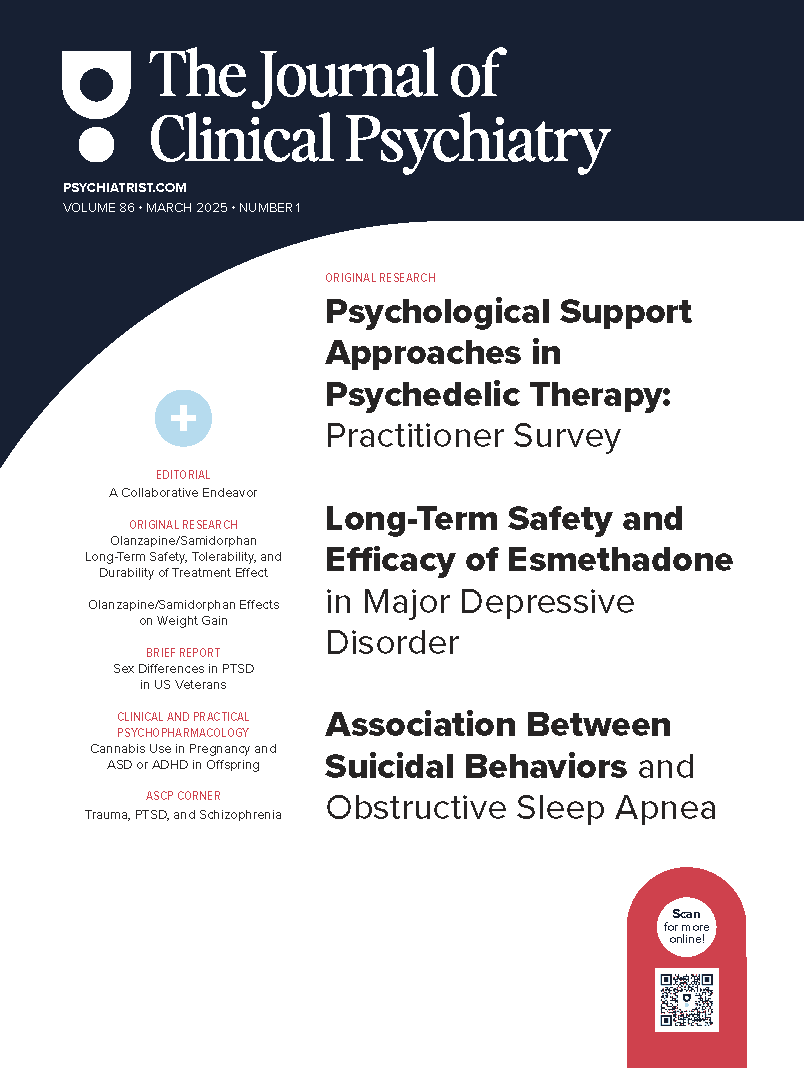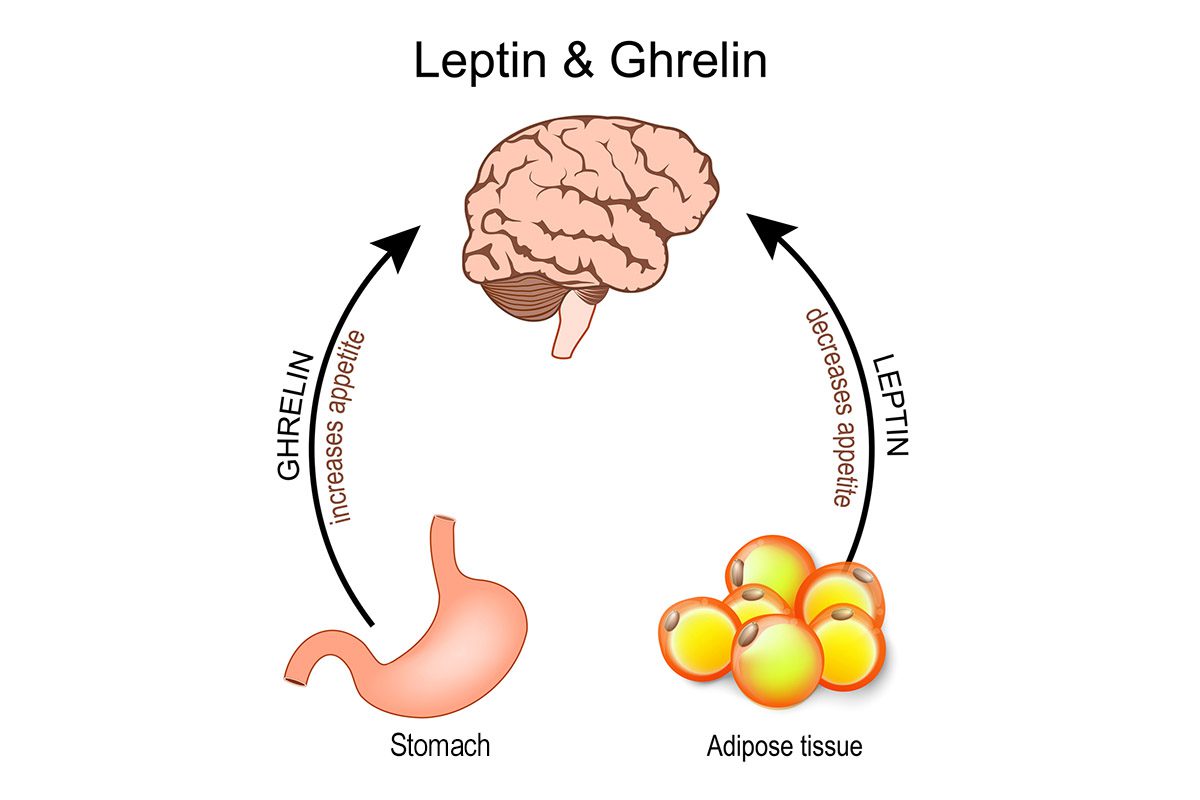Objective: The course of eating disorders is often protracted, with fewer than half of adults achieving recovery from anorexia nervosa or bulimia nervosa. Some argue for palliative management when duration exceeds a decade, yet outcomes beyond 20 years are rarely described. This study investigates early and long-term recovery in the Massachusetts General Hospital Longitudinal Study of Anorexia and Bulimia Nervosa.
Methods: Females with DSM-III-R/DSM-IV anorexia nervosa or bulimia nervosa were assessed at 9 and at 20 to 25 years of follow-up (mean [SD] = 22.10 [1.10] years; study initiated in 1987, last follow-up conducted in 2013) via structured clinical interview (Longitudinal Interval Follow-Up Evaluation of Eating Disorders [LIFE-EAT-II]). Seventy-seven percent of the original cohort was re-interviewed, and multiple imputation was used to include all surviving participants from the original cohort (N = 228). Kaplan-Meier curves estimated recovery by 9-year follow-up, and McNemar test examined concordance between recovery at 9-year and 22-year follow-up.
Results: At 22-year follow-up, 62.8% of participants with anorexia nervosa and 68.2% of participants with bulimia nervosa recovered, compared to 31.4% of participants with anorexia nervosa and 68.2% of participants with bulimia nervosa by 9-year follow-up. Approximately half of those with anorexia nervosa who had not recovered by 9 years progressed to recovery at 22 years. Early recovery was associated with increased likelihood of long-term recovery in anorexia nervosa (odds ratio [OR] = 10.5; 95% CI, 3.77-29.28; McNemar χ21 = 31.39; P < .01) but not in bulimia nervosa (OR = 1.0; 95% CI, 0.49-2.05; McNemar χ21 = 0; P = 1.0).
Conclusion: At 22 years, approximately two-thirds of females with anorexia nervosa and bulimia nervosa were recovered. Recovery from bulimia nervosa happened earlier, but recovery from anorexia nervosa continued over the long term, arguing against the implementation of palliative care for most individuals with eating disorders.
Continue Reading...
Members enjoy unlimited free PDF downloads as part of their subscription! Subscribe today for instant access to this article and our entire library in your preferred format. Alternatively, you can purchase the PDF of this article individually.
Please sign in or purchase this PDF for $40.00.
Already a member? Login




